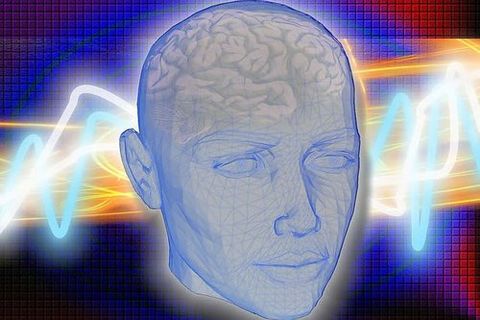The center regions of our brains are fairly primitive. It’s here that feelings of fear, rage and sexual arousal originate. Our frontal lobe mediates these feelings and helps us control how we react to these emotions when they arise. Our frontal lobes buffer the world from our primitive urges.
When emotions arise from the primitive areas of our brains, an impulse arises to react directly and without regard for the consequences. The frontal lobes act as brakes, delaying the impulse while rational thought seeks to moderate impulsive actions taken. In other words, where the primitive impulses act like the gas pedal in your car, the frontal lobes act as the brakes.
Anger problems are particularly common when the frontal lobes are injured. Events that wouldn’t have caused an angry response before the injury to the frontal lobes may afterward result in them. The frontal lobes can’t do their job as effectively due to the injury. So, the angry impulse that previously would have been moderated by the frontal lobe instead gets expressed unabated.
Moments of Anger
Another factor that contributes to anger, in some cases, is a reduction in brain function, no matter how slight. If you can’t follow a conversation like you used to or if you can’t perform certain reasoning tasks as well as you used to -- if at all -- you might get angry about it. Again, if the frontal lobes were functioning properly, this anger and frustration would probably find another outlet. Without them, it comes out in the form of an outburst.
Angry outbursts may seem to be the result of a deep-seeded hatred or a hair-trigger issue. In reality, they are simply short-lived impulsive expressions of anger; there is no burning anger or stewing issue underpinning the outburst. It’s just a brief, angry moment. Shortly thereafter, the anger commonly dissipates completely.
This type of behavior, however, begins to tear at relationships and self-esteem. People think of you as a hot-head or they feel like they need to walk on eggshells when they are around you. It can impact your career and the relationships you enjoy with friends and family.
Dealing With It
TBI commonly leaves an injury survivor with emotional problems or experiences that couldn’t have been foreseen. They need to be dealt with.
Doctors are familiar with TBI and anger issues. Many drugs are available to help. Coupled with counseling, anger issues can be overcome well enough to become non-issues.
With or without the help of professionals and medications, one thing you can do to control impulsive behavior is to consciously act as your frontal lobes. In the face of a threat or other anger-inducing circumstance, make a conscious decision to stop. Walk away, count to ten, or do whatever you need to until the heat of the moment passes. Taking a time-out can prevent you from letting your anger get you into trouble because of your words and actions. Even just a few moments can allow you to chill out and think more clearly about how to react to the situation.



